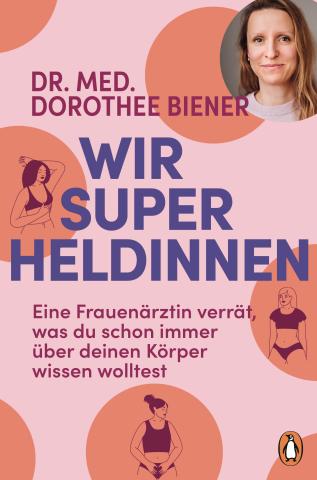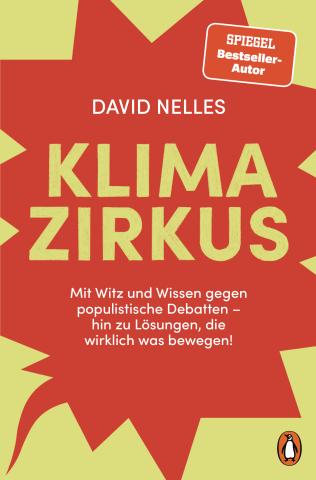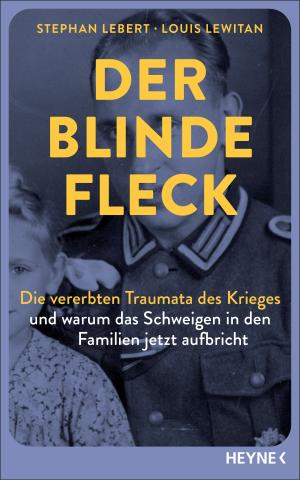A future classic about the science of the natural world that illuminates the brilliance of crows and their kin, by one of the world’s foremost experts on corvid intelligence, and Professor of Animal Physiology at the University of Tübingen in Germany.
BIRD BRAIN:
The Incredible Intelligence of Crows, and What it Means to Have a Mind
by Prof. Andreas Nieder
Transworld, publication date TBD
(via Randle Editorial & Literary Consultancy)
Crows, magpies, jays and ravens are among the planet’s most intelligent creatures, rivalling even our closest primate relatives. Yet, they couldn’t be more different from us. Cloaked in sleek dark feathers, wielding sharp beaks instead of hands, and soaring effortlessly on the wind, they seem like emissaries from another world—alien minds hidden in plain sight. But we don’t need to search the cosmos to find extraordinary intelligence. It’s right here, perched on power lines, gliding through our city parks, and watching us silently from the heights of ancient trees. These extraordinary birds are masterful toolmakers and astute problem-solvers. They communicate through complex vocalizations, exchanging detailed information and warnings. Their intricate social structures rival the dynamics of a bustling human town. Crows have been seen solving multi-step puzzles, grasping abstract concepts, and even planning for the future—cognitive abilities we don’t typically associate with creatures whose brains are no larger than a walnut.
The more scientists study them, the more crows upend our understanding of cognition, memory, and what it means to have a “mind.” Each discovery shatters preconceived limits of intelligence, proving that evolution has shaped brilliance in astonishingly varied forms—sometimes cloaked in feathers, observing us from the treetops. When we call crows and their corvid kin intelligent, we do so as one thinking mind reflecting on another. But our perception of them is never purely observational—it’s steeped in projection. As humans, we can’t help but filter their behaviours through the prism of our own emotions, assigning them motives, feelings, even inner lives that may not exist. Like the narrator in Poe’s ‘The Raven’, we see in corvids not just what they are, but what we imagine them to be—creatures imbued with meanings that align with our own thoughts and biases, as shown in corvid strewn folklore all around the world, from European myths to Asian symbolism to omens in Ancient Greece.
This impulse to assign meaning—to ascribe to other beings, or even inanimate objects, purpose and emotion—is fundamental to how we relate to the world. When we observe crows, we aren’t just studying them—we’re also revealing how our minds build narratives to make sense of the unknown. In exploring their intelligence, we uncover not only the brilliance of these birds but also the human tendency to see reflections of ourselves in the natural world—and how that
shapes the stories that we tell about life itself.
BIRD BRAIN invites readers on a captivating journey into the fascinating world of the corvid mind. Drawing on Nieder’s personal experiences in hand-raising crows, alongside his unparalleled academic expertise, it promises to not only showcase the astonishing cognitive abilities of crows and their kin, but also to reflect upon the nature of intelligence itself, sitting naturally alongside international bestsellers and classics explorations of animal (and human) intelligence, such as Other Minds by Peter Godfrey-Smith, Jennifer Ackerman’s The Genius of Birds, or The Soul of an Octopus by Sy Montogomery. In challenging the reader to see the natural world in a new light, it also brings to mind The Hidden Life of Trees by Peter Wohlleben or Ed Yong’s An Immense World. Furthermore, as the book is cleverly scaffolded and animated by following the journey of Edgar, a single representative crow raised and nurtured to adulthood, BIRD BRAIN provides a narrative that will also resonate with a secondary audience, readers who appreciated the intimate human-animal bond in Raising Hare by Chloe Dalton or Featherhood by Charlie Gilmour.
Professor Andreas Nieder is a biologist and Professor of Animal Physiology and Director of the Institute of Neurobiology at the University of Tübingen, one of Germany’s renowned “Elite Universities.” With more than 15 years of dedicated work studying crows he has become a preeminent authority in the field of corvid cognition, and animal cognition more widely. A member of the German Academy of Sciences Leopoldina – one of the highest honours for a researcher in Germany – his groundbreaking research has redefined our understanding of animal intelligence. He has published nearly 50 peer-reviewed studies on crows in some of the world’s most prestigious scientific journals, including a Science cover feature. Nieder is also widely recognized in the media for his groundbreaking research in crow cognition. He has appeared on NPR and BBC Radio 4, and his research has been highlighted in leading science outlets including New Scientist and Quanta. In 2019, his academic book A Brain for Numbers – The Biology of the Number Instinct was published by MIT Press (with no other translation editions). He lives in Tübingen, Germany, with his wife and their three children.
 People who have sons today face special challenges. We desire happy boys who grow up without toxic concepts of masculinity. But there still seems to be a lack of role models and structures for their upbringing. In her new book, Spiegel bestselling author Anne Dittmann, herself the mother of a son, examines the major questions of our time in terms of actual family life: What is inherent in boys’ nature? Which role models have a positive influence on them? What role models are we able to set for them? How do we raise them to be empathetic, respectful, and caring? And where do we sometimes become entangled in our own stereotypes? This book not only organizes the relevant evidence, but also provides us with many practical instructions for everyday life. A must for all those who want to courageously accompany their men of tomorrow.
People who have sons today face special challenges. We desire happy boys who grow up without toxic concepts of masculinity. But there still seems to be a lack of role models and structures for their upbringing. In her new book, Spiegel bestselling author Anne Dittmann, herself the mother of a son, examines the major questions of our time in terms of actual family life: What is inherent in boys’ nature? Which role models have a positive influence on them? What role models are we able to set for them? How do we raise them to be empathetic, respectful, and caring? And where do we sometimes become entangled in our own stereotypes? This book not only organizes the relevant evidence, but also provides us with many practical instructions for everyday life. A must for all those who want to courageously accompany their men of tomorrow.
 Gynecologist Dr. Dorothee Biener is always surprised at how little most women, young and old, know about their bodies. Yet every woman’s body is a true marvel!
Gynecologist Dr. Dorothee Biener is always surprised at how little most women, young and old, know about their bodies. Yet every woman’s body is a true marvel! « Why should I stop eating burgers? » – How populism slows down efforts to counteract climate change, and how to effect real change.
« Why should I stop eating burgers? » – How populism slows down efforts to counteract climate change, and how to effect real change. It’s been 80 years since the Holocaust and the end of the Second World War, and only few eye witnesses are still alive. Yet the effects of the past persist. Shaped by a dark age that was over before they were even born, generations are suffering from a trauma whose cause they don’t fully understand: loved ones who show little emotion, feelings of guilt, fear, loneliness, a sense of rootlessness. Many families suffer from a leaden silence – suppressed memories, well-kept secrets, lies that won’t go away. It is an oppressive legacy, whose poison circulates to this day.
It’s been 80 years since the Holocaust and the end of the Second World War, and only few eye witnesses are still alive. Yet the effects of the past persist. Shaped by a dark age that was over before they were even born, generations are suffering from a trauma whose cause they don’t fully understand: loved ones who show little emotion, feelings of guilt, fear, loneliness, a sense of rootlessness. Many families suffer from a leaden silence – suppressed memories, well-kept secrets, lies that won’t go away. It is an oppressive legacy, whose poison circulates to this day.